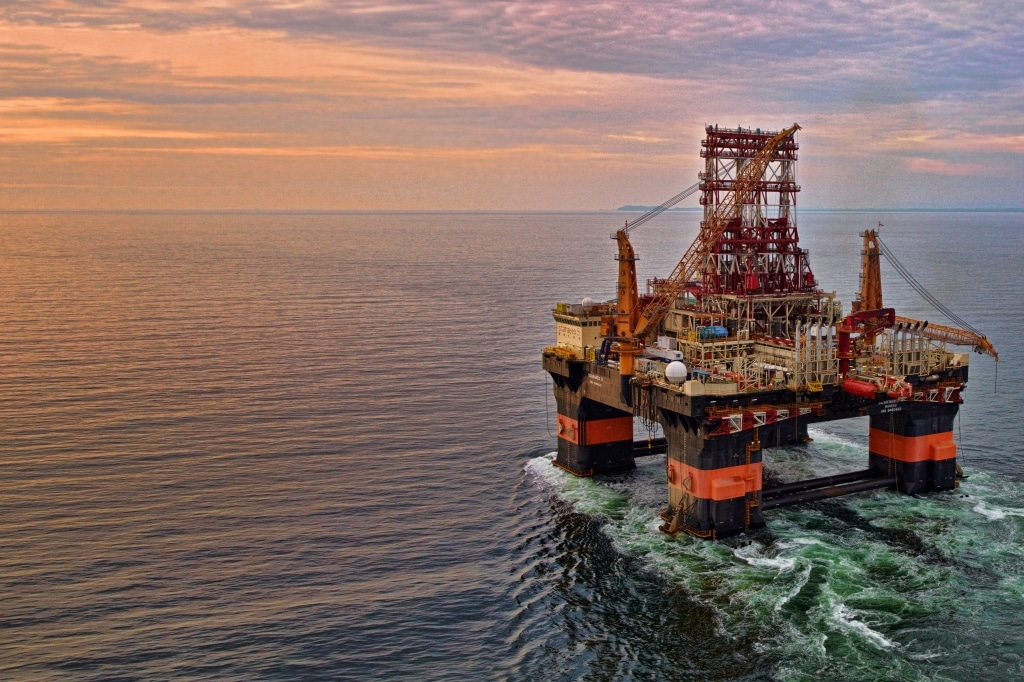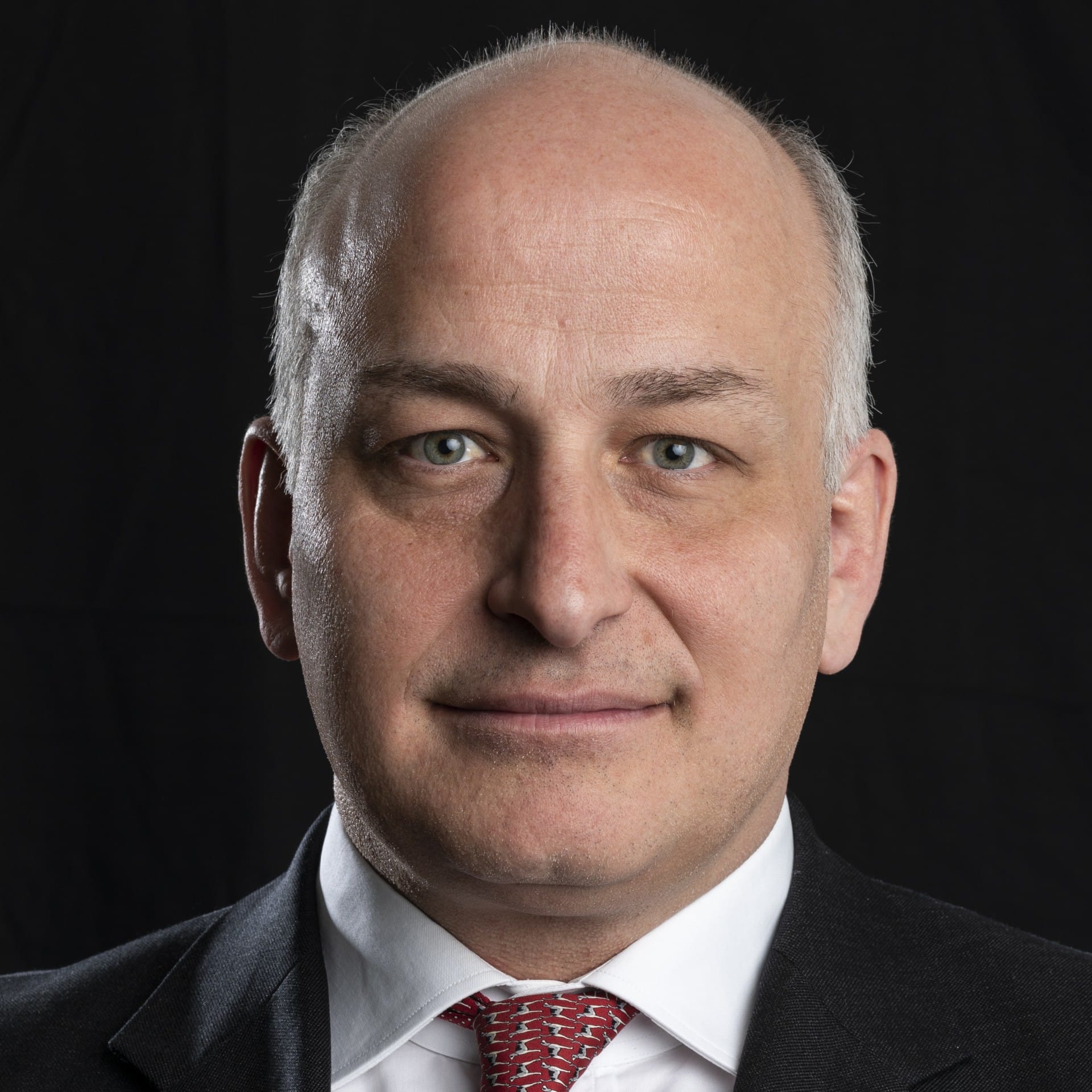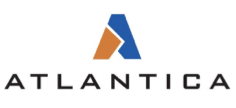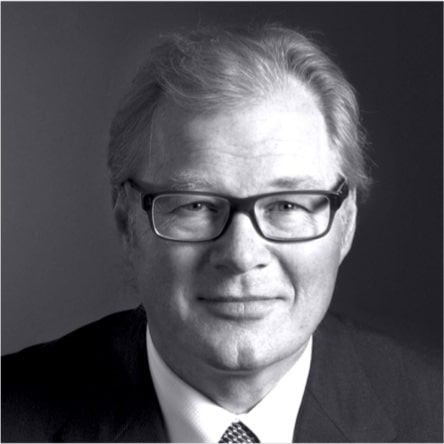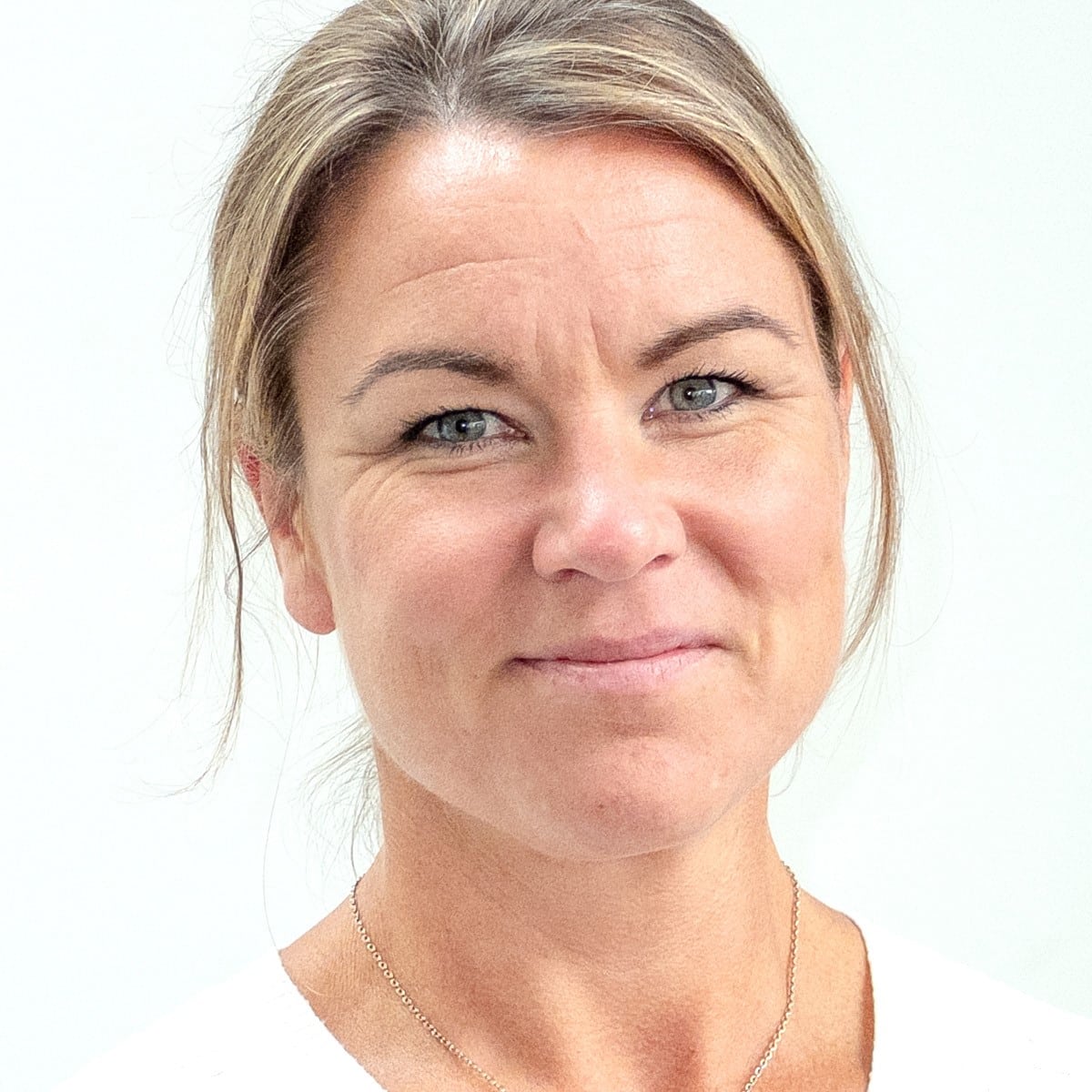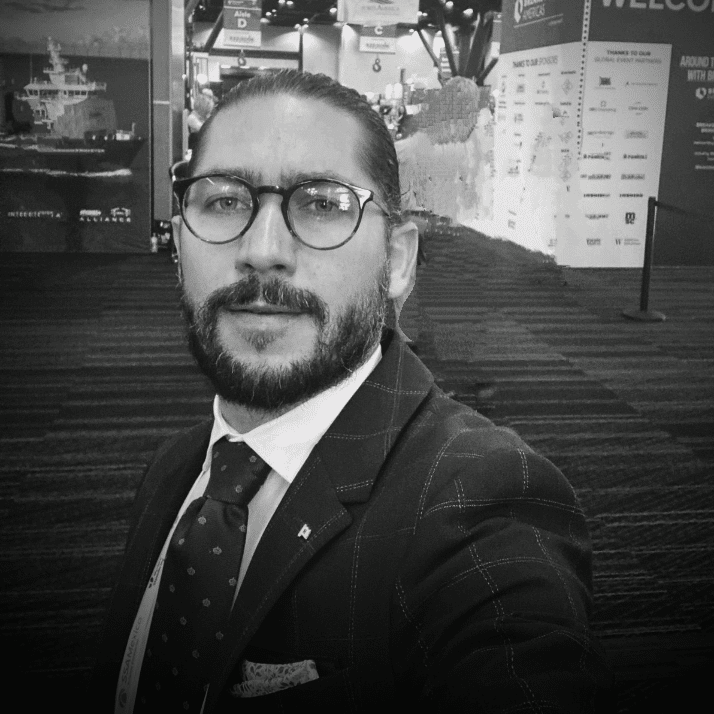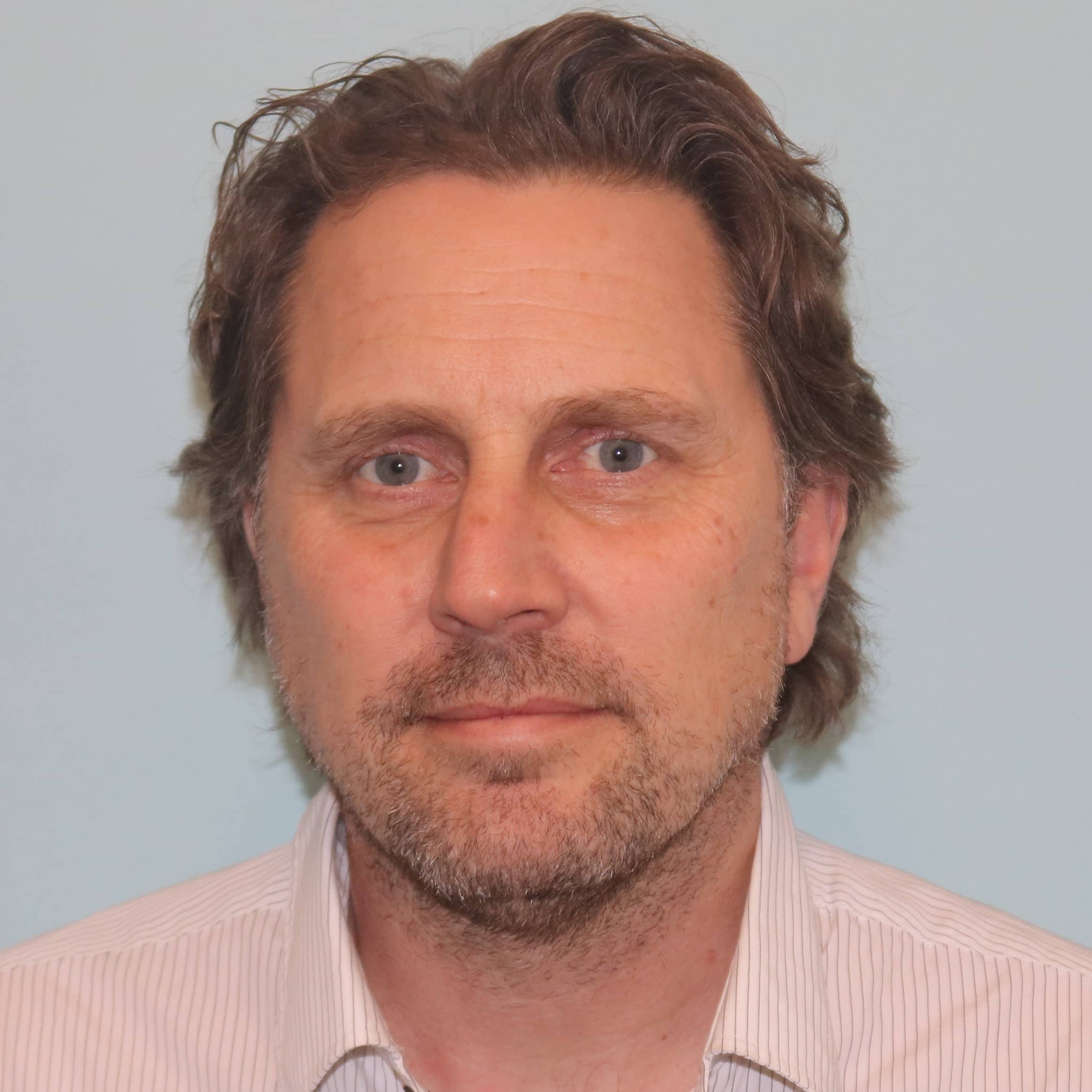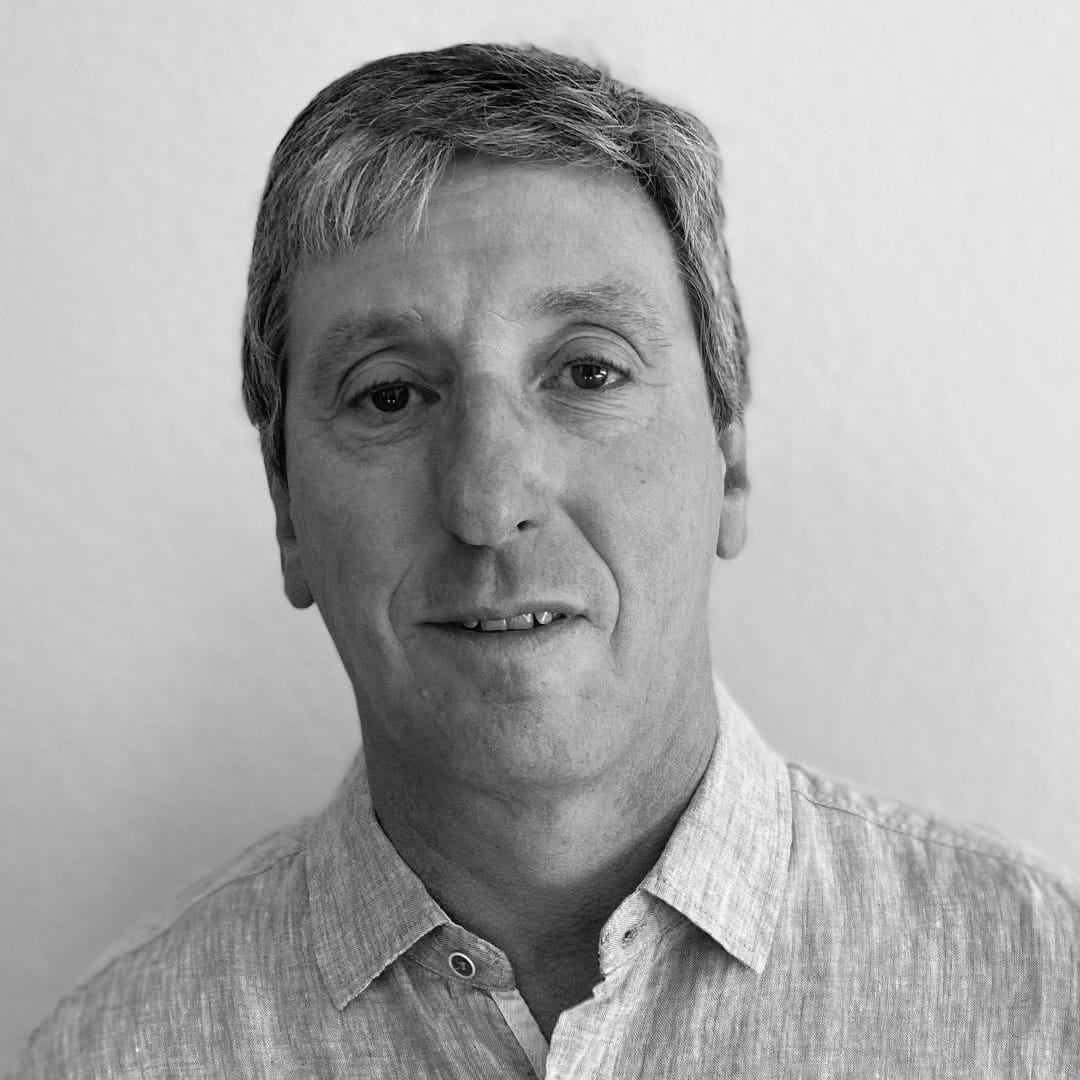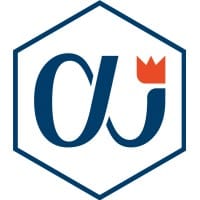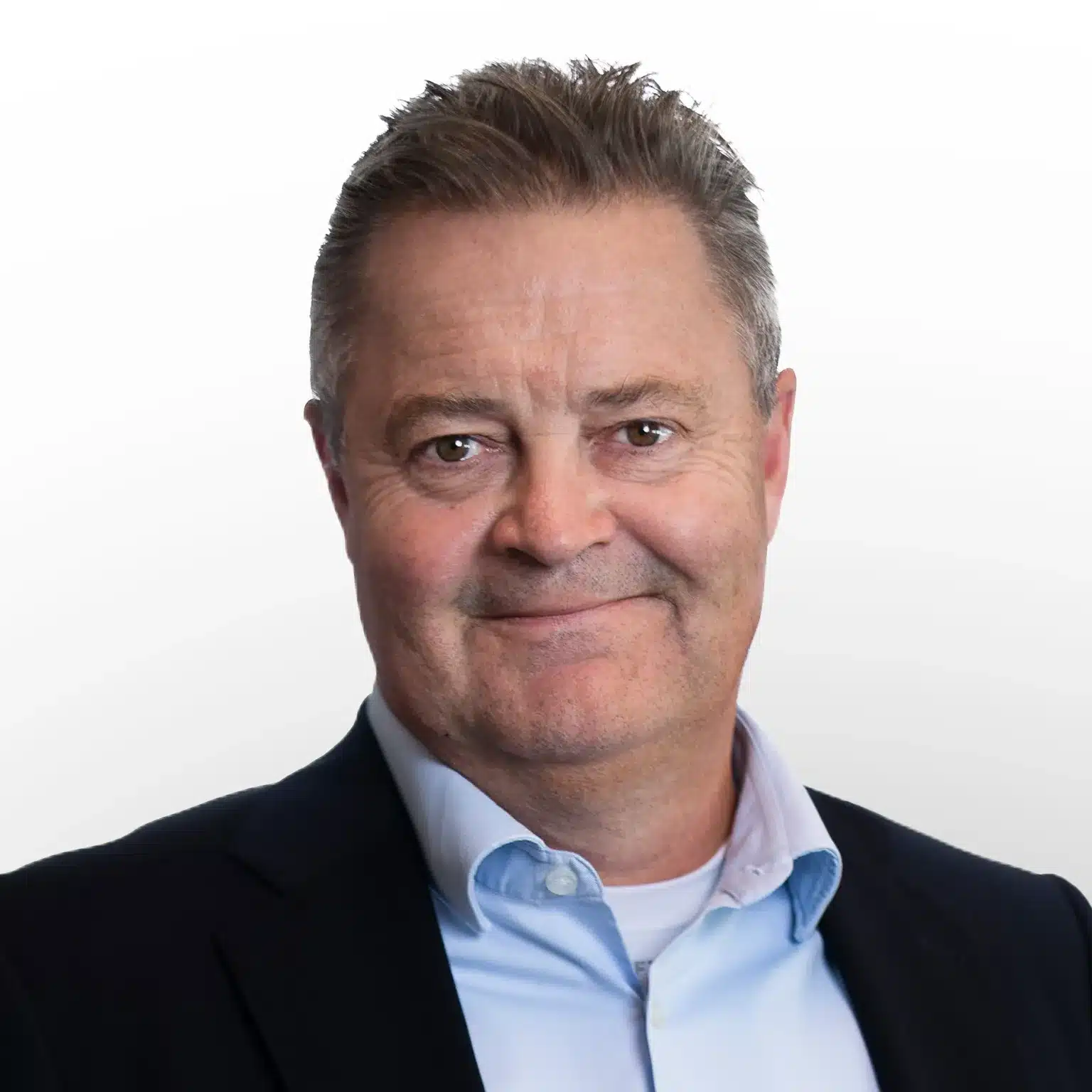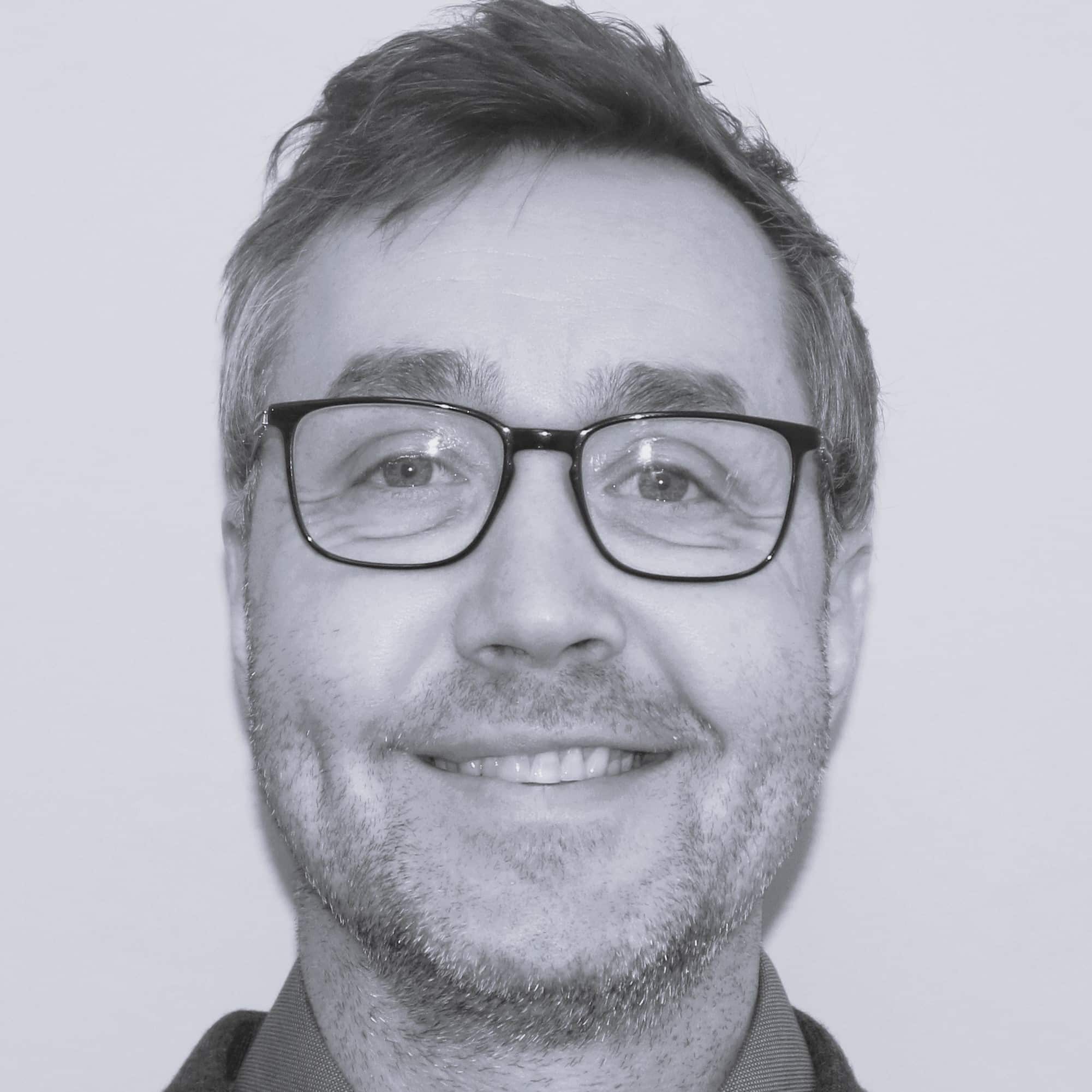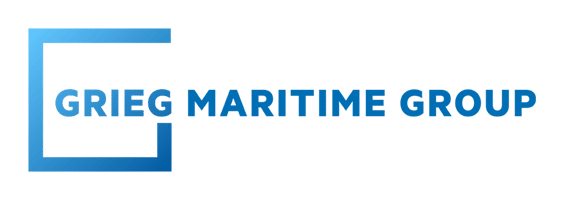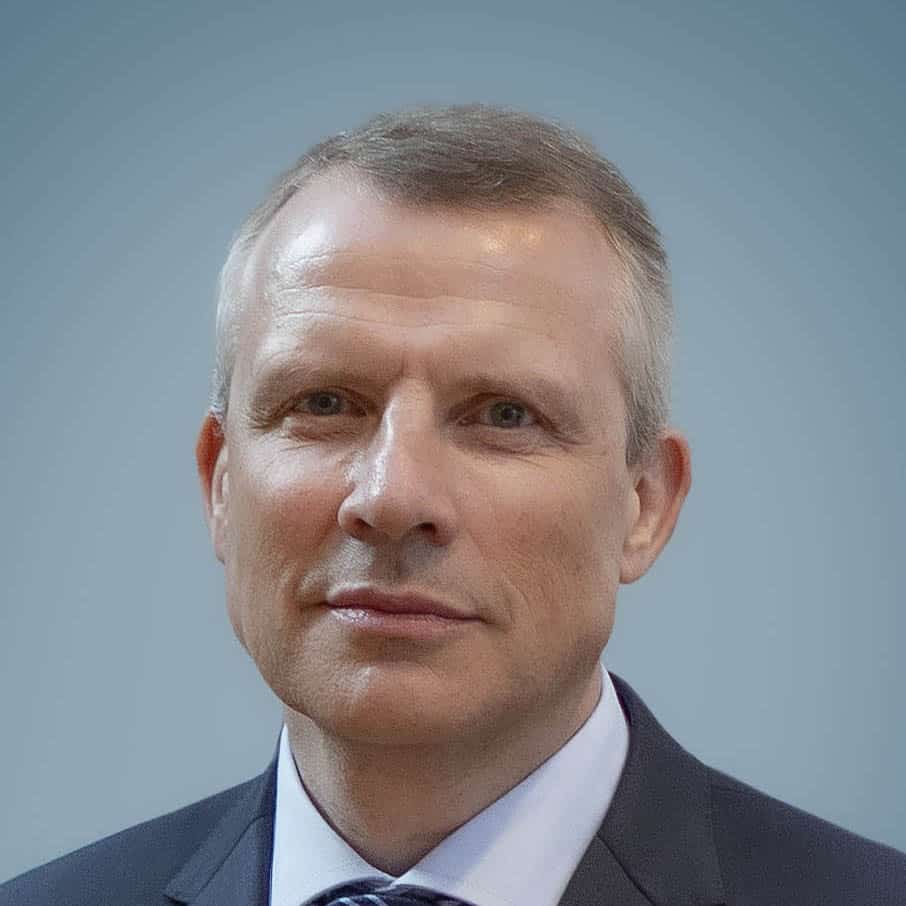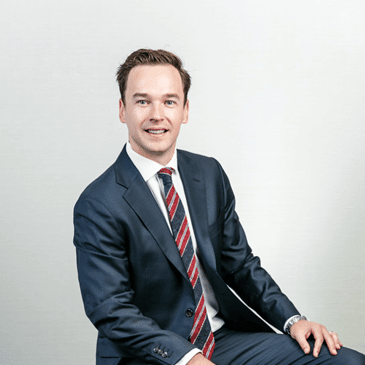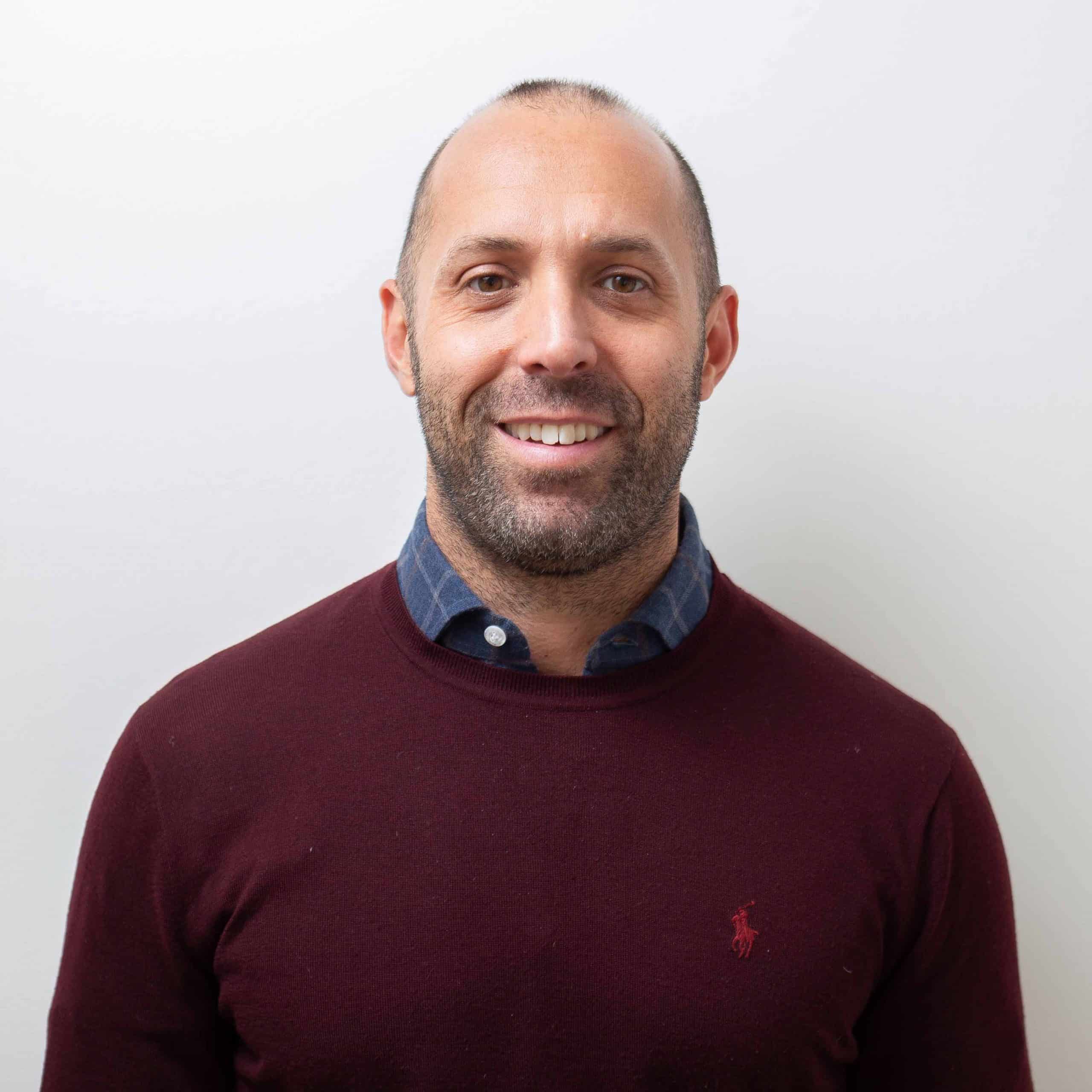Multiple new offshore rig contracts were signed this week, including some long-term contracts that will help keep the market tight in years to come. Over the past week, rigs have secured new work in Australia, the Middle East, the Mediterranean and Southeast Asia.
In case you missed it, you can access our previous Rig Market Roundup here.
Contracts
Transocean Ltd. has secured a 16-well binding award for 1,640-ft harsh environment semisubmersible Transocean Equinox offshore Australia with a consortium of four operators. Transocean valued the contract at $184 million, excluding full compensation for mobilization and demobilization. The operator for the contract is understood to be well management company Zenith Energy, representing Beach Energy, Cooper Energy, Woodside, and ConocoPhillips. The campaign has an estimated length of 380 days, with commencement scheduled for the first quarter of 2025 in direct continuation of the rig’s upcoming five-well contract with an undisclosed operator offshore Australia, which is expected to start in the first quarter of 2024. Options available on the newly-awarded term could keep the rig working offshore Australia into 2028. Transocean Equinox has been warm stacked in Norway since the fourth quarter of 2022, when its long-term contract with Equinor was terminated early. Transocean Equinox is one of several units that will be leaving the North Sea for work elsewhere in the near future, including sister rig Transocean Endurance which was recently hired by Woodside for work offshore Australia starting in 2024.
Market sources advise that Petrobras has invited a few rigs to move into phase two for the Buzios tender. This follows the retendering of the opportunity in March to update the target start window and provide an extended mobilisation period in order to accommodate newbuilds or reactivations. Petrobras is understood to have requested new pricing, with the new offers believed due by 14 July.
Harbour Energy has exercised its one-well option for Vantage-managed drillship West Capella. The Seadrill-owned rig is en route to Indonesia, where it will now drill six exploration and appraisal wells under the Andaman II project starting next month. The dayrate for the option is about $400,000 and should keep the rig working until late 2024.
Saipem has been awarded two new offshore drilling contracts, one for a jackup in the Middle East and one for a semisubmersible in the Mediterranean Sea, for a total amount of around $550 million. In Saudi Arabia, Saipem secured a ten-year extension to the existing contract for 375-ft jackup Perro Negro 7. This new extension begins in the second half of 2023 and keeps the rig working with Saudi Aramco. Perro Negro 7 has largely worked for Saudi Aramco since 2008. In the Mediterranean Sea, Saipem has secured a contract with an undisclosed operator, understood to be Burullus, for 12,000-ft semisubmersible Scarabeo 9 for an estimated six months plus an optional period. Scarabeo 9 is a 6th generation semisub a dual ram rig and has been operating in Angola for Eni and related companies since mid-2021.
ADNOC Drilling has been awarded five 10-year jackup contracts, totaling approximately $2 billion, in support of ADNOC Offshore’s drilling operations. The contracts, supporting drilling operations across five fields in ADNOC’s offshore portfolio, are for the charter of five high-specification jackup rigs along with all required manpower and equipment.The rigs will commence activity progressively from the end of 2023. The five rigs have been acquired as part of ADNOC Drilling’s fast-tracked rig fleet expansion program. The rigs that have been awarded 10-year contracts will be named Salamah, Al Saadiyat, Al Sila, Ramhan, and Yas. ADNOC reported the acquisition of two of these five rigs on 6 June, 2023.
Drilling Activity and Discoveries
Odfjell Drilling-managed semisubmersible Deepsea Mira has begun drilling offshore Namibia under its contract with a TotalEnergies subsidiary. Deepsea Mira is owned by Northern Ocean Ltd. The 10,000-ft rig arrived in Namibia in late May 2023 but the start date was pushed into late June due to some delays in loading equipment and performing required maintenance. The rig’s contract has a firm duration of 300 days with a further 270 days of unexercised options available. TotalEnergies are using the rig as part of its appraisal drilling program on Block 2913B in the Orange Basin, joining Vantage Drilling 12,000-ft drillship Tungsten Explorer which is already working on the block.
CGX Energy has provided an update on its Wei-1 discovery off Guyana. The well encountered 210 ft of hydrocarbon bearing sands in the Santonian horizon. While wireline logs and extensive core samples were obtained from the Santonian trend, because of a downhole tool failure and a new tool not being available, oil samples were not obtained. A third-party lab will now analyse the rock and fluid properties over the next 2-3 months to define net pay and a basis for the evaluation of this interval. CGX and its partner Frontera Energy have also updated the discovery in the Maastrichtian and the Campanian intervals to 77 ft of net pay. Fluid samples indicate the presence of light crude in the Campanian and sweet medium crude in the Maastrichtian interval. Semisub Noble Discoverer (ex-Maersk Discoverer) drilled the Wei-1 well in 1,912 ft of water. The rig is due to be released in early July. The rig has a confirmed assignment off Colombia with Ecopetrol starting in November. However, sources indicate the rig contractor has recently secured a new campaign for the rig that will fill the gap ahead of the Ecopetrol work.
Serica Energy has decided against re-entering and sidetracking the North Eigg well in the UK North Sea. The operator determined there is an insufficient accessible volume of oil. After consulting with the North Sea Transition Authority, Serica has elected to go into the second term of the P2501 Licence for the purpose of finishing the abandonment of the well. Only the area immediately around the well that is necessary for the abandonment is being retained and the rest of the licence is being relinquished. The well was spudded by semisub Paul B. Loyd, Jr. in July 2022. At the time, the rig was owned by Transocean. In late June 2023, the rig was acquired by Dolphin Drilling, along with semisub Transocean Leader.
The ADES-owned 375-ft jackup Admarine 506 has begun its contract with Saudi Aramco in Saudi Arabia. The rig completed it’s reactivation and Schedule “G” upgrades in June 2023 at the Lamprell Hamriyah shipyard in Sharjah. This is the second of the three rigs ADES was reactivating and upgrading in Sharjah. The other rig, Admarine 505 (ex-West Cressida), is expected to depart the shipyard in Sharjah in Q3 2023.
Gulf Offshore has received regulatory approval to begin its one-well drilling campaign in Vermilion Block 170 in the US Gulf of Mexico. Jackup Enterprise 264 has been on site since 7 June, but the operator did not receive approval until 27 June. The well is being drilled in 87 ft of water and is expected to take about 45-50 days. Enterprise 264 then has a two-well assignment lined up with Byron Energy that should keep it working late into this year.
IOG has successfully completed the wireline intervention at the Blythe H2 well in the UK North Sea. In response to current gas market conditions and the company’s balance sheet risks, IOG has decided to pause drilling activity in order to maximise near-term cash flow. Shelf Drilling North Sea jackup Noble Hans Deul (to be renamed Shelf Drilling Perseverance) has been contracted to IOG and its joint venture partner CalEnergy Resources since April 2021. The operator previously exercised one of two priced options. At the time, IOG was planning to drill one of two appraisal wells at Kelham North/Central and Goddard. IOG has now decided to defer drilling the Kelham and Goddard appraisal wells and will release Noble Hans Deul after finishing operations at Blythe H2. The partners will continue to assess the best options to drill the two appraisal wells by 31 March 2024, according to licence terms. As previously announced, they are offering a potential farm-in opportunity of up to 50% in the Goddard licence (P2438).
Demand
The Norwegian government has approved 19 new oil and gas projects on the Norwegian continental shelf. These projects, which include new developments, further development of existing fields, and investment in increased extraction from existing fields, represent over NOK 200 billion in investments from the involved companies. Approved projects include the Aker BP-operared Yggdrasil, Valhall PWP-Fenris, and Symra projects in the North Sea, the Equinor-operated Irpa and Verdande in the Norwegian Sea, the Wintershall Dea-operated Dvalin North and Mary developments in the Norwegian Sea, the OMV-operated Berling in the Norwegian Sea, and the Aker BP-operated Skarv Satellite Projects in the Norwegian Sea.
Aker BP’s Solveig Phase 2 and Equinor’s Andvare project, which involve increased extraction from existing fields, received exemptions from requirements for certain plans. Aker BP stated that the total recoverable resources from its development projects is estimated to be above 700 million barrels of oil equivalent (mmboe) net for Aker BP and will enable its oil and gas production to grow from around 400,000 barrels per day in 2022 to around 525,000 barrels in 2028.
Equinor plans to tie the gas field Irpa will be tied back to Aasta Hansteen, while the oil field Verdande and the Andvare well will be tied back to Norne.
TotalEnergies, Petronas, and Mitsui have agreed to develop a carbon storage project in Southeast Asia. They will evaluate several CO2 storage sites in the Malay Basin, including saline aquifers and depleted offshore fields. The partners will also study technical means to deliver CO2 to Malaysia from industrial clusters in the region.
Mobilisation/Rig Moves
The 12,000-ft drillship Deep Value Driller is expected to begin sea trials in early July 2023, ahead of its upcoming bareboat charter to Saipem and work offshore Côte d’Ivoire. The rig has been undergoing reactivation at the Westcon Yard in Ølensvåg, Norway over the past four months. Owner Deep Value Driller stated that equipment and systems related to well control, drilling, marine, hull & machinery, and its special periodic survey with DNV have been reactivated and recertified. Once sea trials are completed, Deep Value Driller will be handed over to Saipem for a three-year bareboat charter fixed in the first quarter of 2023. The rig will then journey to Côte d’Ivoire for an 11-well contract with Eni.
Stena Drilling drillship Stena DrillMAX has transited to the Canary Islands and is undergoing its five-year SPS. The rig has been working off Guyana for ExxonMobil since March 2021. Upon completion of the SPS, the rig will return to Guyana and resume work with ExxonMobil. It is firmly committed through the first half of 2024 and has rolling options thereafter.
Following work for Eni offshore Cote D’Ivoire, Saipem 12,000-ft drillship Saipem 12000 is now heading to Angola where it will work for Azule Energy, a joint venture owned by Eni and bp. The contract in Angola was awarded in late 2022 and will see Saipem 12000 used for the drilling, completion and testing of development and exploration wells in Block 15/06. The contract covers the drilling and completion of 12 firm wells, estimated to take 26 months, and includes options for further work. Market sources have indicated that Azule Energy is close to awarding a new contract to a drillship for work offshore Angola.
ADES-owned 375-ft & 350-ft jackups Admarine 687 (ex-Deep Driller 4) & Admarine 689 (ex-Deep Driller 5) have completed their reactivations and Schedule “G” upgrades in Singapore. The rigs are currently in transit to Saudi Arabia, where they will commence their final commissioning phase for their five years plus two optional years of operations with Aramco by early Q3 2023. In April 2022, Aban Offshore sold four jackups to ADES, including Admarine 687 (ex-Deep Driller 4) & Admarine 689 (ex-Deep Driller 5). The rigs secured their upcoming jobs with Saudi Aramco in Q2 2022. These were the last two rigs ADES was reactivating and upgrading in Singapore.
Other News
Seadrill Limited is in active discussions for the potential sale of its jackup fleet in Qatar and its 50% interest in joint venture GulfDrill. Seadrill’s Qatar jackup fleet includes the West Castor, West Telesto, and West Tucana, which are bareboat chartered by Seadrill to Gulfdrill LLC, a 50:50 joint venture between Seadrill and Gulf Drilling International. In May 2023, Seadrill announced the extension of the contract for West Castor. Seadrill has not reached an agreement yet on material terms, including price, with any potential purchaser. Any transaction remains subject to additional due diligence and the negotiation and execution of definitive agreements. There is no certainty at this stage that the process will continue or that a transaction will materialize.
Capricorn Energy is in the process of divesting or relinquishing all other assets outside Egypt as the company focuses on its onshore Egyptian assets in the Western Desert. Capricorn Energy has exited its exploration position offshore Mauritania and has progressed the potential sales process of its UK North Sea business. The company will exit from its exploration projects in Mexico and Suriname. Before exiting, Capricorn was the operator of Block C7 offshore Mauritania and had previously considered exploration drilling there. The company currently has operatorship of Blocks 9 and 15 offshore Mexico with a 50% interest and non-operated working interest of 30% in Block 7 and 15% in Block 10. It is the operator of Block 61 offshore Suriname with a 100% interest. In the UK North Sea, Capricorn operates five blocks with partner Deltic Energy.
The US Bureau of Ocean Energy Management (BOEM) has proposed changes to the financial assurance requirements for the offshore oil and gas industry. The goal of the changes is to better protect taxpayers from incurring the costs associated with decommissioning offshore wells and related infrastructure. A 60-day public comment period will run from 29 June through 28 August. The proposed rule would establish two metrics by which the BOEM would assess risk. Credit ratings from a nationally recognised statistical rating organisation, or a proxy credit rating generated through a statistical model would be used to predict financial distress. Companies without an investment-grade credit rating would be required to provide additional financial assurance. The BOEM is seeking feedback on whether it should rely on credit ratings to make these determinations and what credit rating threshold would best protect taxpayers without imposing undue burdens on the industry.
The second metric would consider the current value of the proved oil and gas resources on the lease itself when determining the overall financial risk of decommissioning, given that any lease with significant reserves still available would likely be acquired by another operator that would then assume the liabilities in the event of bankruptcy. The BOEM says these proposed changes would provide additional clarity and reinforce that current grant holders and lessees bear the cost of ensuring compliance with lease obligations, rather than relying on prior owners to cover those costs. The agency is seeking comments on the costs and benefits of considering predecessors when determining how much financial assurance a company must provide.
Decommissioning estimates would be based on industry reported data collected by the Bureau of Safety and Environmental Enforcement (BSEE). The agency is requesting feedback on whether the level it proposes strikes an appropriate balance. The proposed rule would allow current lessees and grant holders to request phased-in payments over three years for new financial assurance amounts.
In 2020, BOEM and BSEE published a proposed rule called “Risk Management, Financial Assurance and Loss Prevention” to update BOEM’s financial assurance criteria and other BSEE-administered regulations. Upon review of the joint proposed rule and analysis of the comments received, BSEE finalised some provisions on 18 April 2023. BOEM rescinded its portion of the 2020 proposed rule and is issuing this latest proposal in its place.
Eni has agreed to sell its participating interest in several permits in the Republic of Congo to Perenco but stated that it would continue to develop natural gas resources at the Marine XII permit via its Congo LNG project. The transaction value for the agreement with Perenco is around $300 million, including firm and contingent consideration, subject to customary adjustments. Closing is subject to the authorization of relevant local and regulatory authorities. Eni did not specify assets included in the transaction but started that they were non-core to its strategy in the country.
Eni plans to install two floating LNG plants at the producing Nenè and Litchendjili fields on Marine XII, with the first coming online in 2023 and the second in 2025. Eni is currently drilling offshore Congo with Borr Drilling jackups Natt and Prospector 5 and recently issued a market survey for jackups to conduct further development drilling in the area.
Image credit: Saipem
